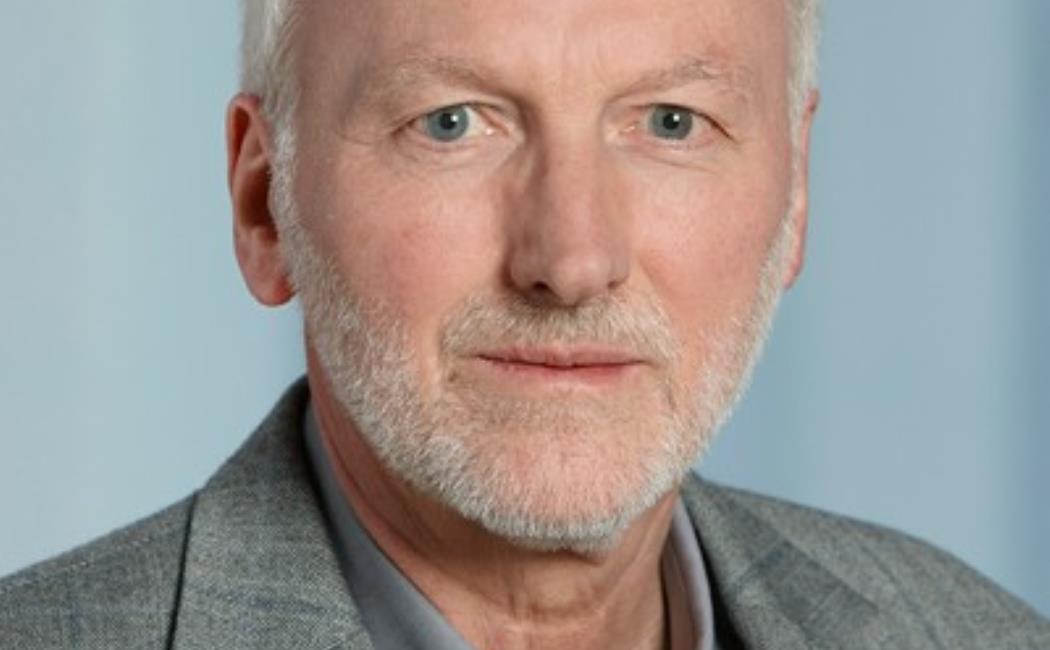Detail

Genetic engineering and CRISPR-Cas9 strategies for sustainable micronutrient and yield increases in rice and cassava
Speaker: Wilhelm Gruissem
Professor for Plant Biotechnology, Department of Biology, ETH Zurich, Switzerland
Chair Professor and Yu-shan Fellow, Institute of Biotechnology, National Chung Hsing University, Taiwan
On Zoom
Abstract
Projections show that the world population will grow to more than 9 billion people by 2050. Goals 2 and 3 of the United Nations Sustainable Development Goals embrace the provision of sufficient and nutritious food for the growing population to promote human health and wellbeing. To accomplish this requires sustainable increases in yield and micronutrient improvement of staple crops. Major crops such as cassava, maize, potato, rice, and wheat are rich in starch and together provide more than 60% of the carbohydrate calories consumed worldwide. People for whom these crops are the primary staple food receive enough calories, but they are often malnourished because the seeds, tubers, and roots of these plants do not contain enough of the necessary vitamins and minerals, such as iron, for a healthy diet. For example, 1.6 billion people worldwide suffer reduced productive capacity due to iron-deficiency anemia. Achieving higher micronutrient content for health and nutrition is often not possible with available breeding germplasm, especially in cereals and clonally propagated crops such as cassava. Based on the extensive knowledge of metabolic and physiological processes in model plants, we are employing genetic engineering technologies and CRISPR-Cas9 strategies to increase the iron and vitamin content of rice and cassava, modify starch quality in cassava, and increase cassava storage root yield. My presentation will outline the rationale for our research and development, and provide examples of our recent achievements.
Sonnewald U, Fernie AR, Gruissem W, et al. (2020) The Cassava Source-Sink project: opportunities and challenges for crop improvement by metabolic engineering. Plant Journal 103: 1655, https://doi.org/10.1111/tpj.14865
Van Der Straeten D, Bhullar N, De Steur H, Gruissem W, et al. (2020) Multiplying the efficiency of biofortification through metabolic engineering. Nature Communications 11: 5203, https://doi.org/10.1038/s41467-020-19020-4
About the Speaker
Wilhelm Gruissem is Professor of Plant Biotechnology at ETH Zurich (Swiss Federal Institute of Technology) since 2000 and Professor and Yushan Scholar at National Chung Hsing University in Taiwan since 2017. Before moving to Zurich, he was Professor of Plant Biology at the University of California at Berkeley from 1983-2000. He was Chair of the Department at UC Berkeley from 1993-1998 and Director of a collaborative research program with Novartis from 1998-2000. From 2001 to 2017, he was Director of the Functional Genomics Center Zurich. In 2008, he started the company Nebion. From 2006 to 2010 he was President of the European Plant Science Organization (EPSO), and in 2012 he was elected Chair and President of the Global Plant Council that he served until 2015. In addition to his research on plant systems biology, he directs a biotechnology program on trait improvement in cassava, rice, and wheat. Prof. Gruissem is an elected Fellow of the American Association for the Advancement of Sciences and the American Society of Plant Biologists, Editor of Plant Molecular Biology until 2019, and Co-Editor of the acclaimed book ‘Biochemistry and Molecular Biology of Plants’. He has published over 300 research articles in leading journals and received several prestigious awards, including prizes for his trait improvement work in cassava.
Please contact cda.communications@kaust.edu.sa to request access
Speakers
Professor Wilhelm Gruissem
Professor for Plant Biotechnology, Department of Biology, ETH Zurich, Switzerland; Chair Professor and Yu-shan Fellow, Institute of Biotechnology, National Chung Hsing University, Taiwan